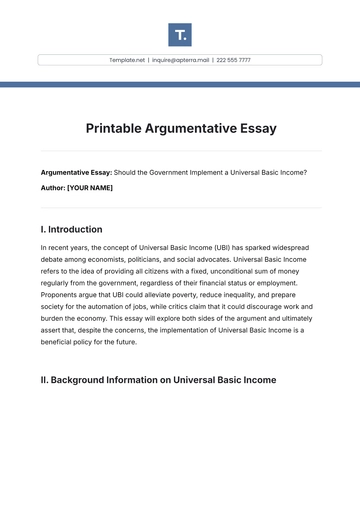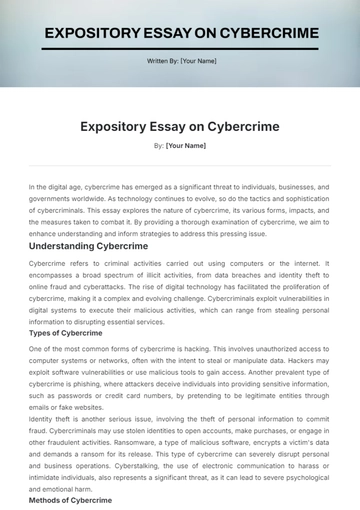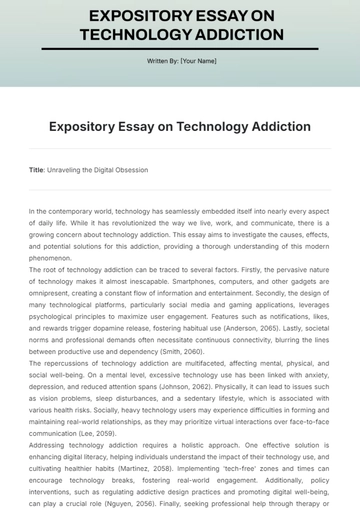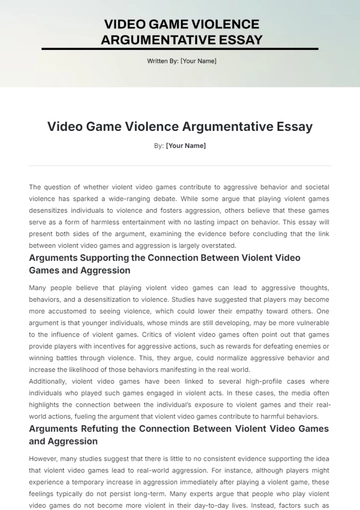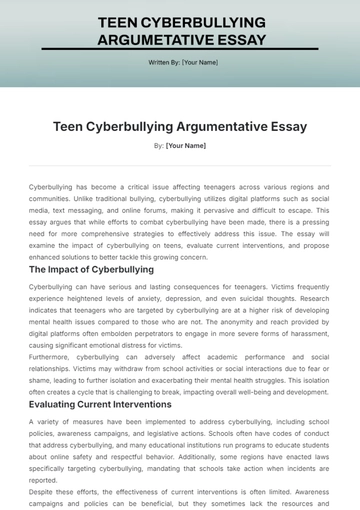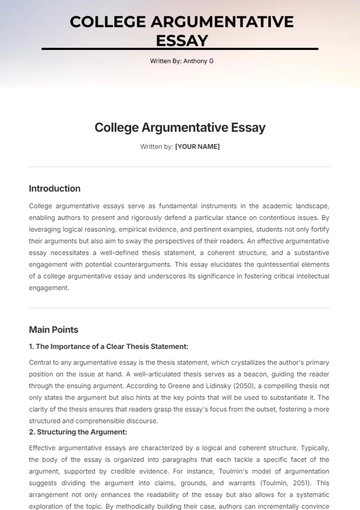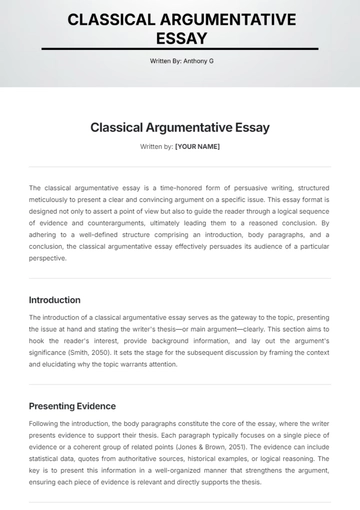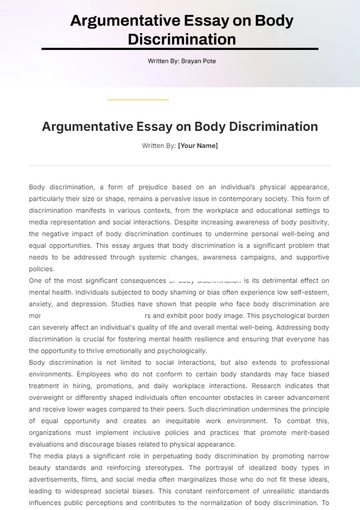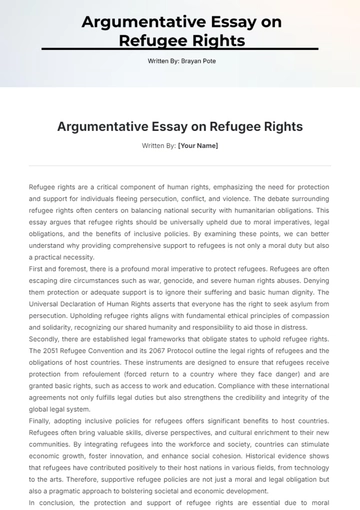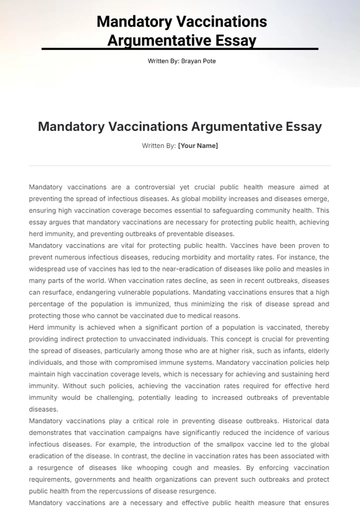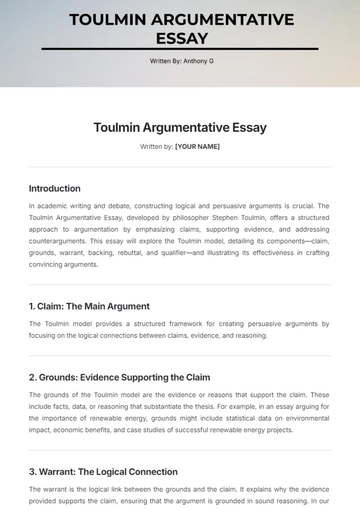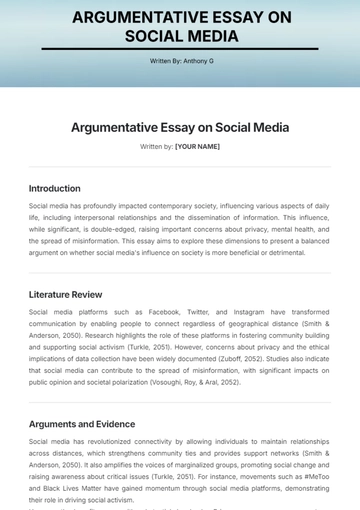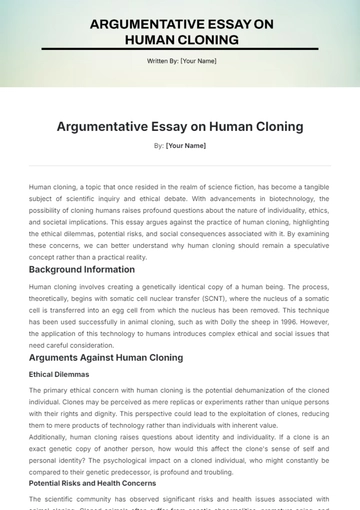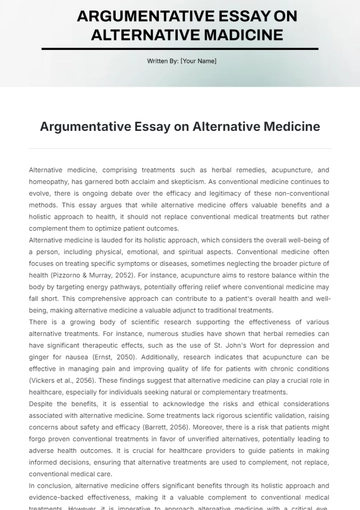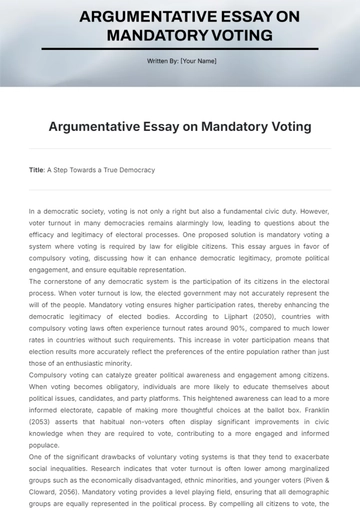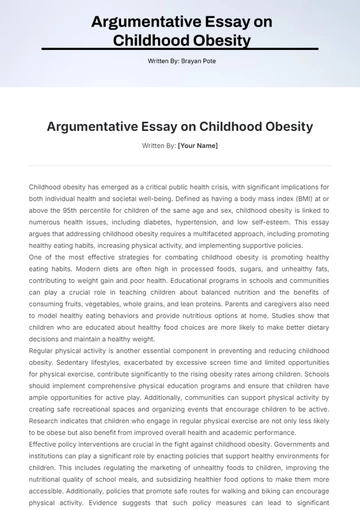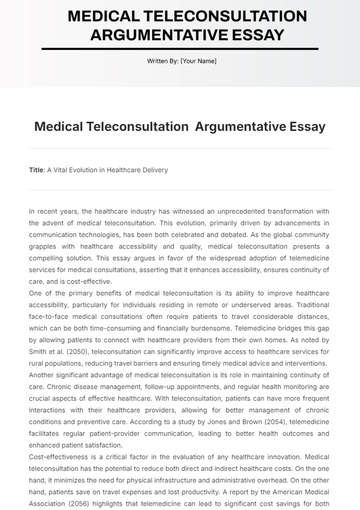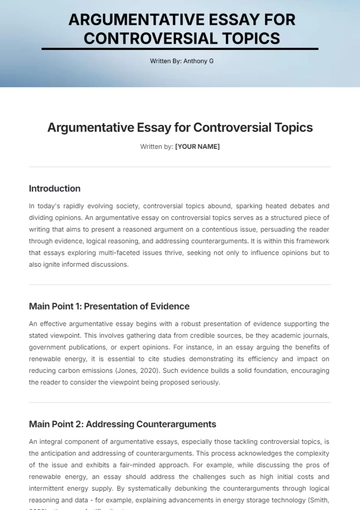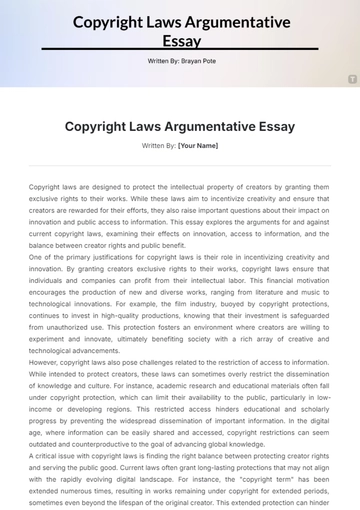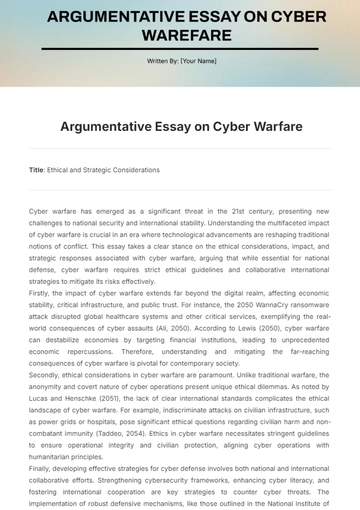Free Social Justice Argumentative Essay Outline
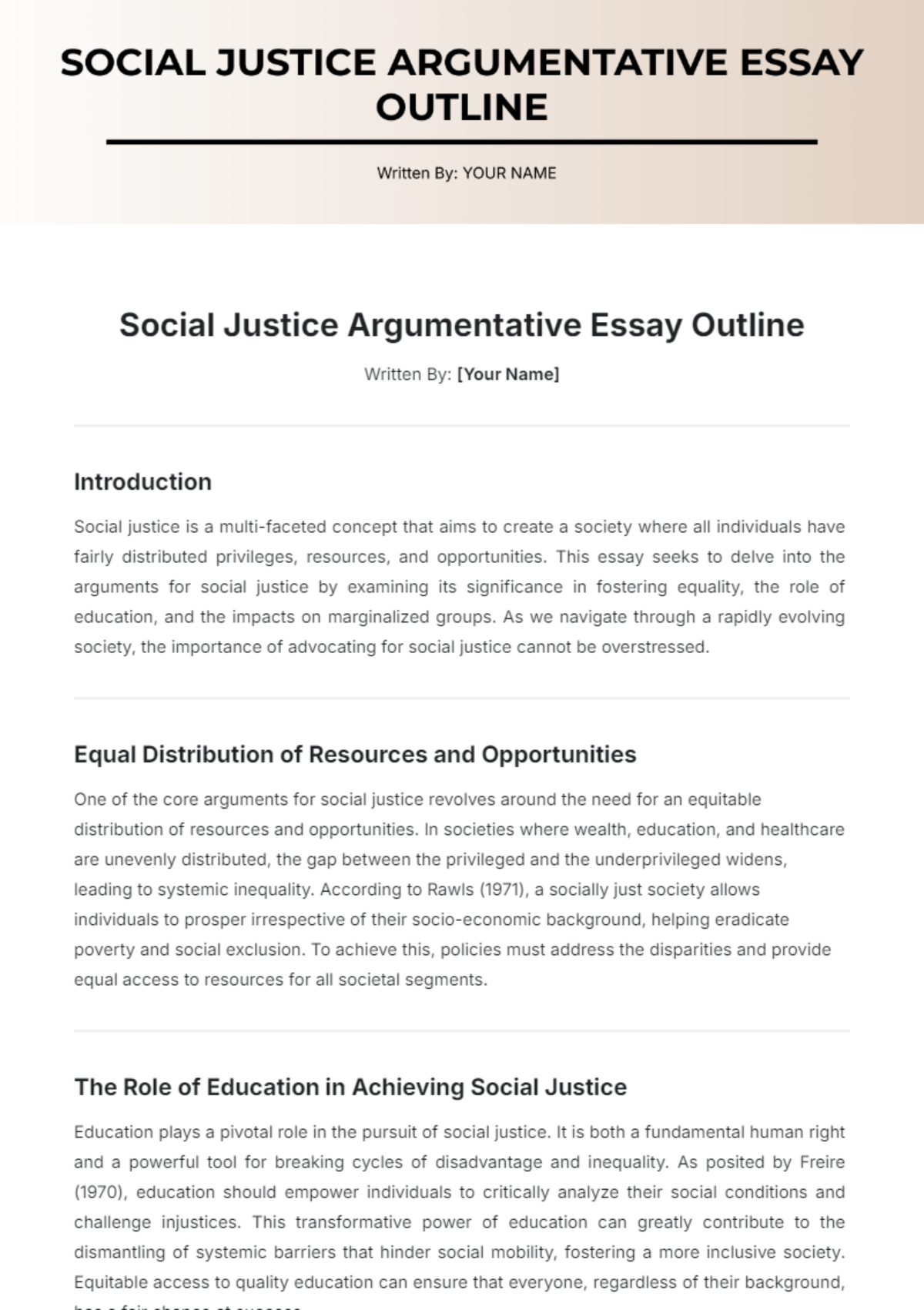
Written By: [Your Name]
Introduction
Social justice is a multi-faceted concept that aims to create a society where all individuals have fairly distributed privileges, resources, and opportunities. This essay seeks to delve into the arguments for social justice by examining its significance in fostering equality, the role of education, and the impacts on marginalized groups. As we navigate through a rapidly evolving society, the importance of advocating for social justice cannot be overstressed.
Equal Distribution of Resources and Opportunities
One of the core arguments for social justice revolves around the need for an equitable distribution of resources and opportunities. In societies where wealth, education, and healthcare are unevenly distributed, the gap between the privileged and the underprivileged widens, leading to systemic inequality. According to Rawls (1971), a socially just society allows individuals to prosper irrespective of their socio-economic background, helping eradicate poverty and social exclusion. To achieve this, policies must address the disparities and provide equal access to resources for all societal segments.
The Role of Education in Achieving Social Justice
Education plays a pivotal role in the pursuit of social justice. It is both a fundamental human right and a powerful tool for breaking cycles of disadvantage and inequality. As posited by Freire (1970), education should empower individuals to critically analyze their social conditions and challenge injustices. This transformative power of education can greatly contribute to the dismantling of systemic barriers that hinder social mobility, fostering a more inclusive society. Equitable access to quality education can ensure that everyone, regardless of their background, has a fair chance at success.
Impact on Marginalized Groups
Social justice initiatives have a profound impact on marginalized groups, including racial minorities, women, and LGBTQ+ communities. These groups often face systemic discrimination and biases that significantly restrict their opportunities and quality of life. According to Crenshaw (1989), intersectionality is key to understanding how various forms of discrimination overlap and affect these communities simultaneously. By addressing these intersecting injustices, social justice movements aim to create an inclusive environment where all individuals can thrive. Legislative reforms, awareness campaigns, and community support structures are essential in mitigating these disparities.
Conclusion
In conclusion, social justice is crucial for achieving a fair and equitable society. Ensuring the equal distribution of resources, leveraging the transformative power of education, and addressing the specific needs of marginalized groups are essential steps toward this goal. Although the path to social justice is fraught with challenges, the collective effort to combat inequality and promote fairness is imperative for the betterment of our society.
- 100% Customizable, free editor
- Access 1 Million+ Templates, photo’s & graphics
- Download or share as a template
- Click and replace photos, graphics, text, backgrounds
- Resize, crop, AI write & more
- Access advanced editor
Structure impactful arguments with Template.net’s Social Justice Argumentative Essay Outline Template. This editable and customizable template offers a clear outline for writing persuasive essays on social justice issues. Editable in our AI Editor Tool, it’s ideal for students and researchers tackling topics like equality and rights. Tailor the template for a well-organized, compelling presentation of social justice arguments.

